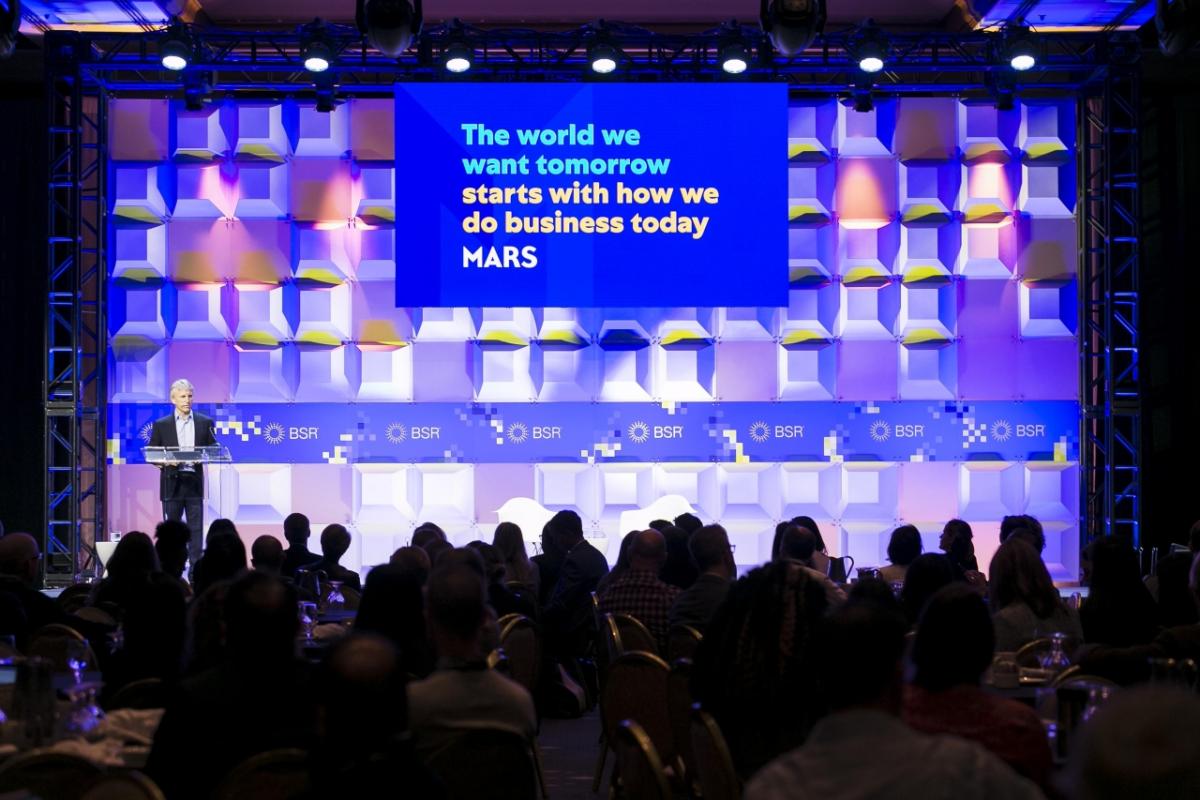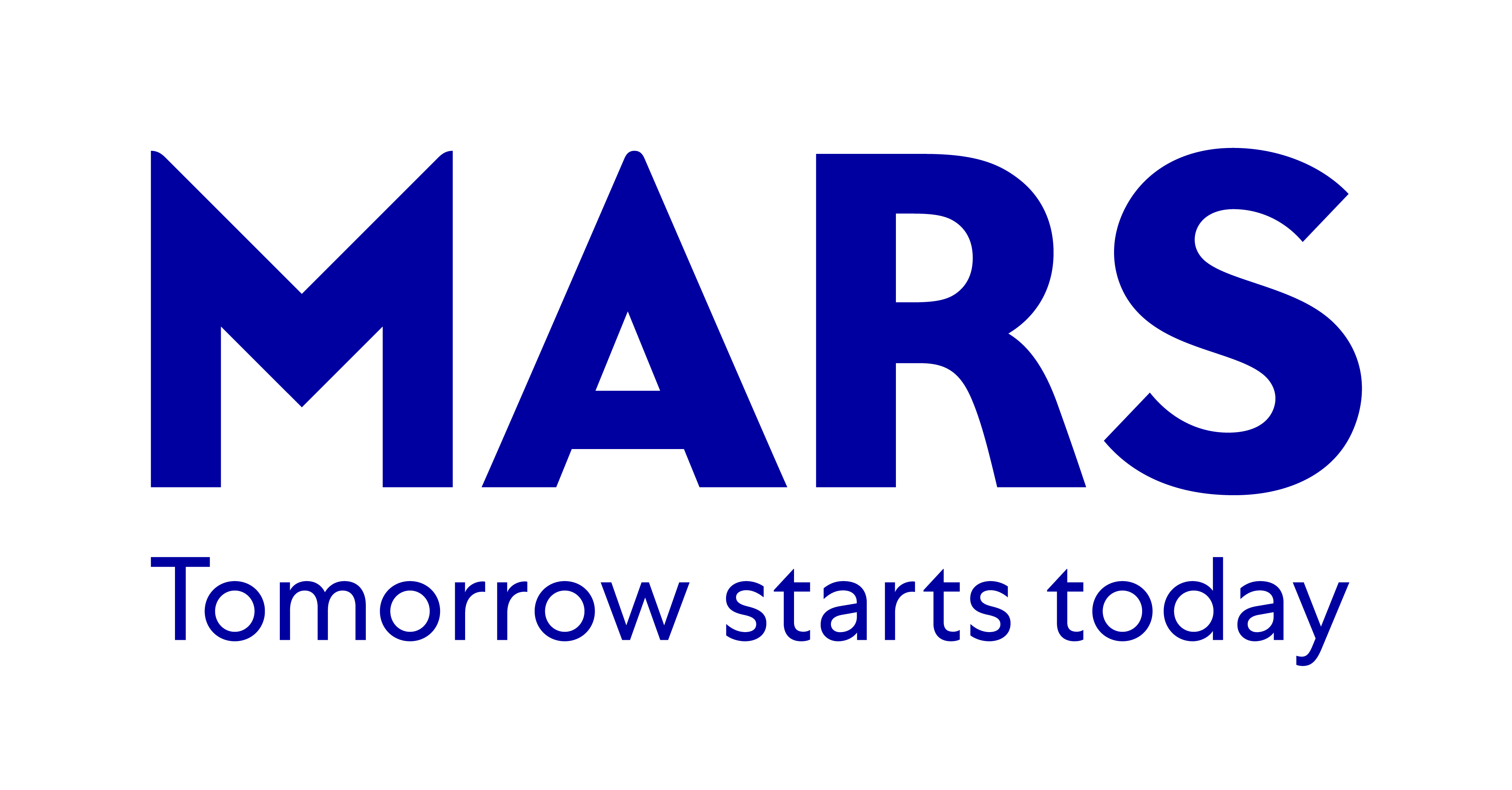Mars Looks Ahead: Which Trends Will Shape 2020?
The world is changing at a tremendous pace, consumer needs are evolving and we face significant challenges - from the rapidly shifting media landscape to climate change.
As we kick off 2020, our job is to continue to be a dynamic, fast-growing, change-accepting company, because we believe the greater our potential for impact, the more good we can do. To continue growing and rising to meet the disruptions taking place, we need to continue innovating, evolving and flexing - but what comes next?
We're continually rethinking how we enhance our portfolio to keep us relevant, dynamic and growing. It's this focus on growth, innovation and purpose that will propel Mars into a new decade and a new era of sustainability, transparency and partnership. Because purpose without performance isn't possible, but performance without purpose isn't meaningful.
Straight from some of Mars' key leaders across the business - including Vice President, Corporate Affairs & Sustainability Andy Pharoah, Chief Sustainability Officer Barry Parkin, lead CMO Jane Wakely, Chief Digital Officer Sandeep Dadlani, Mars Edge President Jean-Christophe Flatin, and Global Food Safety Center Director Abigail Stevenson - here are the 5 key trends set to shape the landscape in 2020:
-
People take precedence over technology
While the hype for new and emerging technologies won't stop in 2020, we're seeing failures and successes in implementation that mean we need to remember this: to make technology work for us, we have to put people first.
AI, automation and machine learning are still only as "good" as the humans that are using it. On their own, these tools are overrated in their ability to transform a business. Humans will be at the heart of everything; it's only when people embrace these digital capabilities that we ourselves can deliver value at speed.
At Mars, we have 20,000 Associates engaged in our "digital engine," a program dedicated to identifying problems and finding solutions specifically through technology. For example, when our Associates identified a shortage of highly skilled radiologists to examine pet X-rays, they sought to determine how technology could solve the problem. By first asking ourselves the right questions and then implementing data and AI, we successfully automated X-ray analysis for pets, enabling us to assess an additional 12,000 images per year. Now, we are extending this approach to assisted diagnosis and detection of cancer in pets, and have begun updating our X-ray hardware manufacturing business to enable this kind of automated assessment.
-
Food fingerprinting guarantees food authenticity
What's in my food and where is it from? These two questions will increasingly be on the minds of consumers next year, and even more so in the decade ahead. The demand for transparency and emphasis on safety and quality is rising, and will push supply chain actors to embrace new innovations. And in 2020, food safety innovations in areas like genetics will help to ensure food authenticity - an increasingly important area of focus.
In order to maintain the highest possible standards for consumers, companies need to be certain that the ingredients they use are what they say they are. Technological developments, such as the ability to isolate genetic markers in certain foods, are becoming more accessible not only for global food companies like Mars, but for the farmers and suppliers we work with.
Thanks to breakthroughs made at our Global Food Safety Center, the farmers and suppliers we work with can validate the authenticity of certain foods that are especially important to our operations - providing foods with a unique fingerprint, or certification - on the ground. Basmati rice from India for example, has a certain fingerprint; and Mars is sharing ways to authenticate grains of rice, corn and other ingredients to ensure consistency and ultimately, improve the food provided on a global scale.
Certifying the quality of produce on site and without help from labs (often thousands of miles away), is a potential game-changer in ensuring food safety and minimizing food waste. As food travels farther and faster to reach end consumers, it's more important than ever to remember that if it's not safe, it isn't food.
-
Brands must demonstrate purpose - talk is no longer enough
A growing number of companies are adopting "purpose" as a way to leverage brands as a force for social impact. As we move into 2020, the point of difference on purpose marketing will be demonstrating meaningful, measurable difference; and not just talking about it. As the practice grows increasingly common, consumers will be quick to spot a company that appears to say a lot but do little.
Purpose-driven marketing and advertising is one piece of the puzzle, but it's not where purpose starts. At Mars, we believe purpose must be genuinely embedded in the roots of a business and should be a filter which informs all decision-making, and a measure of our overall success. For example, Pedigree has placed its goal of ending pet homelessness at the heart of the brand's meaning, seeking to find loving homes for all domesticated pets and hopefully drive growth for the brand along the way. We have set tangible goals to deliver against this purpose, such as finding five million shelter dogs a loving home each year, and are taking active steps to create a better world for pets.
-
Consumers spur a race among business for supply chain traceability
Driven by consumer demand, 2020 will see companies race to demonstrate sustainability and transparency in their supply chains, and move away from buying materials based on the lowest cost. Instead, the key will be in shifting to long-term models of corporate buying that are anchored in transparency and traceability, the social and environmental conditions in which materials and commodities are produced, as well as the values of their suppliers.
At Mars, we strive to lead transformation in global supply chains, and try to choose suppliers based on values and transparency. As part of our Palm Positive Plan, we've been focused on simplifying our supply chain for palm oil, working to drastically reduce the number of mills we use - from 1,500 mills to less than 100 by the end of 2020 - and choosing to foster long-term relationships with suppliers who are likewise, committed to traceability.
-
Personalized nutrition shows great promise ahead
Personalized nutrition is one of the fastest growing territories in food and becoming a game changer for the way consumers eat. Globally, we're moving from one-size-fits-all food to "what's right for me?" Fueled by mega-trends such as rising health awareness, improved digital capabilities, scientific breakthroughs and the ability to personalize products, we see great promise ahead in this area. And consumers are eager to get in on it: in a recent survey, 84% of said they were willing to share personal data in exchange for personalized diet experiences.
Our newest segment, Mars Edge, was built to focus on human health through nutrition and help people reconcile the food they want with the nutrition they need. We're building a global, targeted nutrition business that will allow us to pioneer the personalized nutrition territory. Using the latest science and state-of-the-art technologies, alongside real data, we are creating innovative partnerships to bring our ideas to life and help people live better lives through nutrition.



